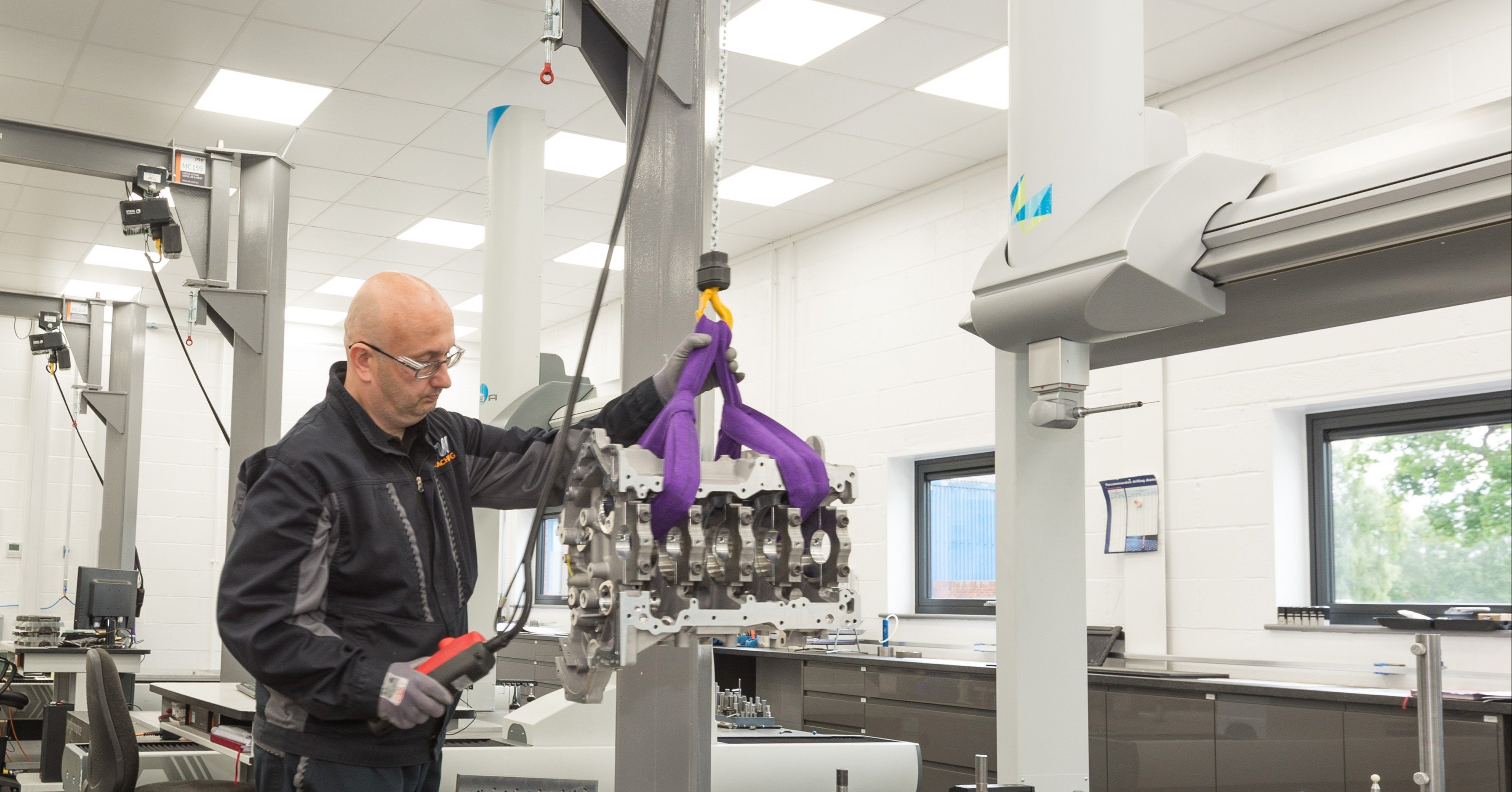From ensuring specifications are met to hitting project deliverables on time and in budget, trust in a machining supplier is essential throughout the entire process. But even more importantly, buyers need confidence that part design and intellectual property will be protected and remain private at all times.
But it’s often surprising how few suppliers make this a real priority, making it harder as a machining buyer to assess capability and trust. To help, we’ve put together some questions you can ask (both before and during a site visit), as well as some important indicators that highlight a supplier’s essential commitment to your confidentiality.
Before Your Visit: What are your protocols for guarding my product confidentiality?
Firstly, a trustworthy supplier will be happy to share their protocols in place to guard and maintain your privacy, reassuring you right from the beginning and before you’ve even considered a site visit.
This can include:
• Secure storage. Ask how your supplier securely stores parts, who has access and (and how this is decided) and whether this is carried through the entire machining process, from the WIP in the machining hall through to the inspection room.
• What happens to my data? Make sure your machining supplier can provide concrete answers to how they handle your buying and design data, from first enquiry stage through to production.
• Check how your supplier manages visitor access. Your supplier should be able to confidently answer your questions on authorising access across the entire site. This includes the initial DFM stage through to the inspection room, and only authorised personnel should have access to your parts and intellectual property.
During your visit: What can parts from other customers tell me about confidentiality?
As well as checking your supplier lives up to their procedural promises, observing their attitude towards other customer parts on a site visit can tell you a lot about how seriously they’ll take your confidentiality too.
On your visit, there are a number of things you can check:
• Has the machining supplier taken sufficient steps taken to prevent you from seeing critical parts from other customers?
• Can you see other customer names on any paperwork?
• If you have seen parts that are likely to be highly sensitive, for example, military or high performance auto parts, ask about what steps they take to prevent unauthorised access from other parties.
• Check how your supplier manages visitor access, including if they allow camera phones on to the shop floor. If you’re allowed potential free access with a camera phone, it’s likely other visitors will be given this access too.
Confidentiality is essential
A buyer must have faith in their supplier’s commitment to maintaining their confidentiality. Asking about protocols before, as well as some careful observations during an in-person visit are great indicators of whether a potential machining supplier takes your confidentiality as seriously as you do.

Ensuring confidentiality is only one aspect you need to consider as a buyer of machined parts. That’s why we’ve written our Machining Buyer’s Guide, a free resource to advise and help buyers throughout the entire process.

 Get in touch
Get in touch
